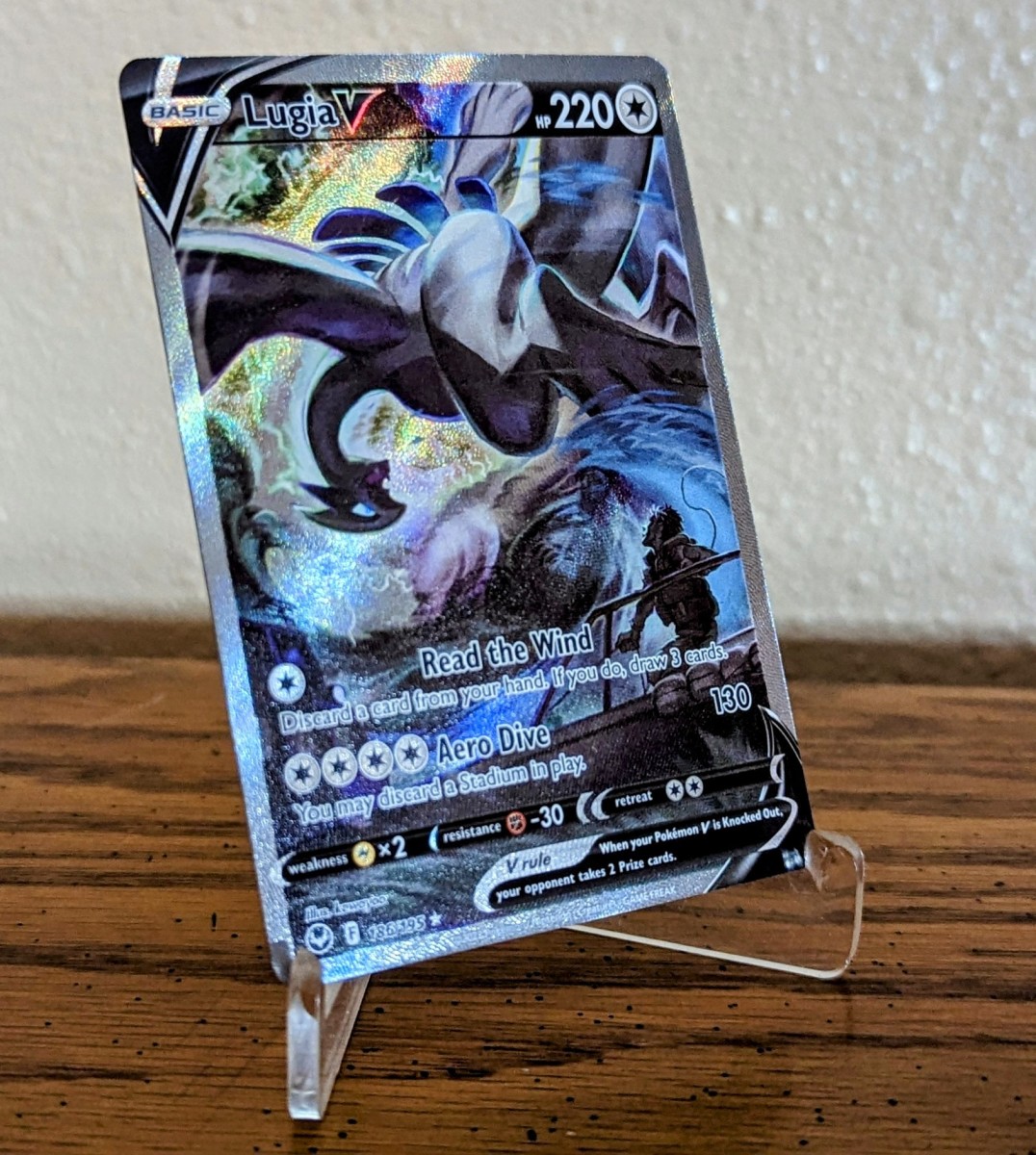Parents of Athletes: Best Practices
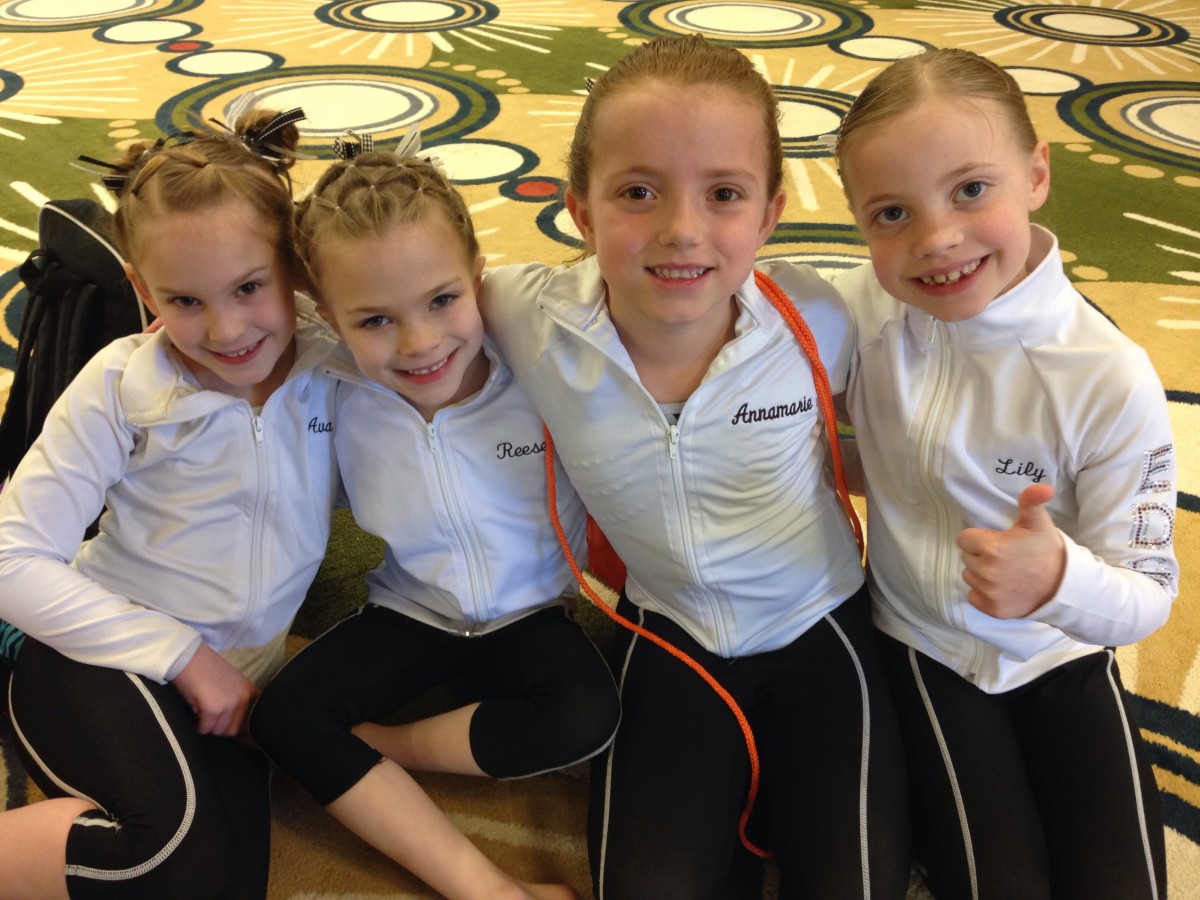
Rule #1
Rule number-one is the most important rule and will positively serve you through your child's athletic career and life. Be honest. It's important not to be brutal or harsh with your kiddo but you should never lie to them because if you do, you run the risk of turning the coach into the bad guy. For example: your daughter finishes last on every event at a gymnastics meet and does not place in the all-around. She's disappointed and in tears in the car on the ride home. When she pleads with you for an answer about why she did so poorly what you should not say is that it was the best meet of her life and you have no idea what the judges were thinking. What you should say is that it was not her best meet, that she can do better and that after she practices and has time to reflect, the next meet will be better because you believe in her. Your job is to help her let go of what happened and move on but definitely don't provide your child with false information.
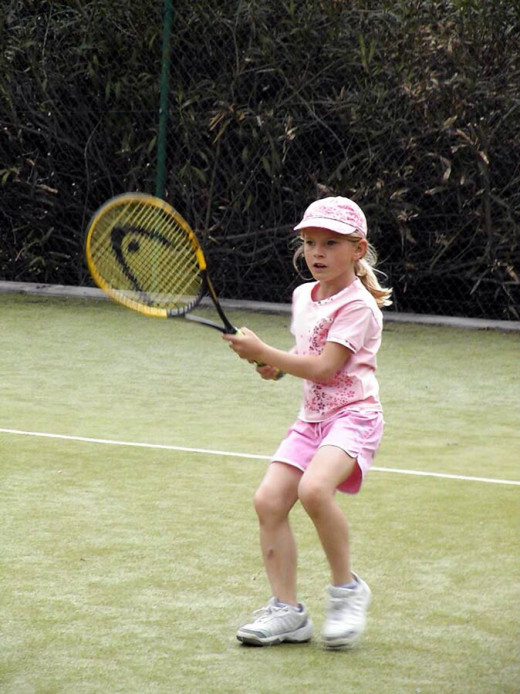
Super Fan
Be your kiddo's biggest fan, not their worst critic. There is always something positive you can say about their performance even on their worst day and if it was a total flop then regard about the fact that they showed up to compete in the first place. You don't want your child to loathe the sight of you at the ball park, the field or the gym. You want them to smile when your eyes meet. When you meet them with support and constructive ideas on how they can improve, they will appreciate your presence however, make sure that you're instruction isn't undermining what the coaches are trying to accomplish.
It's Time to Quit
How do you know if your child isn't enjoying the sport or activity you have selected? Here are some clues:
- Constantly getting into trouble.
- Spending too much time in the bathroom.
- Complaining of a stomach-ache before or during several classes.
- Fails to make friends.
- Doesn't make any progress over a long period of time.
- Is very emotional or aggressive with other students.
- Presenting with new injuries on a regular basis.
By Proxy
Living vicariously through your children is a very fine, thin and dangerous thing to do. After all, it's not their hopes and dreams they are pursuing, it's yours. The results of situations like this are typically anger, frustration and resentment. From a young age children will participate in activities simply to please parents however, once they start to mature and express their opinions and preferences, parents should respect a child's choice.
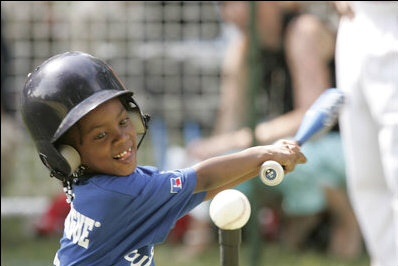
What is the best qualIty of a parent athlete?
Have Faith
Most athletic programs provide a place for parents to watch each practice so they can enjoy their kiddo's physical and personal growth but trying to coach your child from the sidelines is a bad idea. You obviously joined your team for a reason. Get to know the coach so you will trust them and feel comfortable that they are knowledgeable about the activity you've chosen. It's important to remember that kids tend to exaggerate when they are praised, corrected and criticized so always investigate when your child is upset with a situation. If you are a coach's advocate and supporter, your athlete will be just that: an athlete. If you oppose the coach, your child will do the exact same thing.
Courage is Relative
Just because you want your child to scale Mount Everest doesn't mean he or she has it in them to climb out of bed. Courage is not the absence of fear but the ability to overcome it and chastising your child into cliff-jumping, high-diving, motocross or taekwondoe might not be the best idea you've ever had. Kids have an internal "danger" alarm and know their spatial surrounding fairly well. Some children naturally bounce off the walls and others stay closer to the ground - and that's okay. Eventually kids will work through their fears or choose another activity.
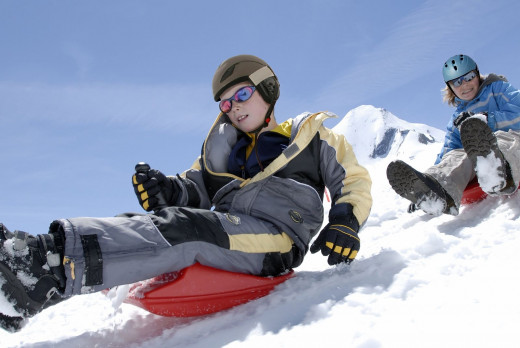
Just Say No to Gossip
As an adult it's up to you to maintain a sense of integrity amongst other parents. Make it a point Not to bad-mouth the coaching staff or the athletic program with other parents. If you have issues with the coaching staff then you should speak with the coaches in private, never in front of your children. Discretion is a lost and important social skill that children should learn, know and practice.



